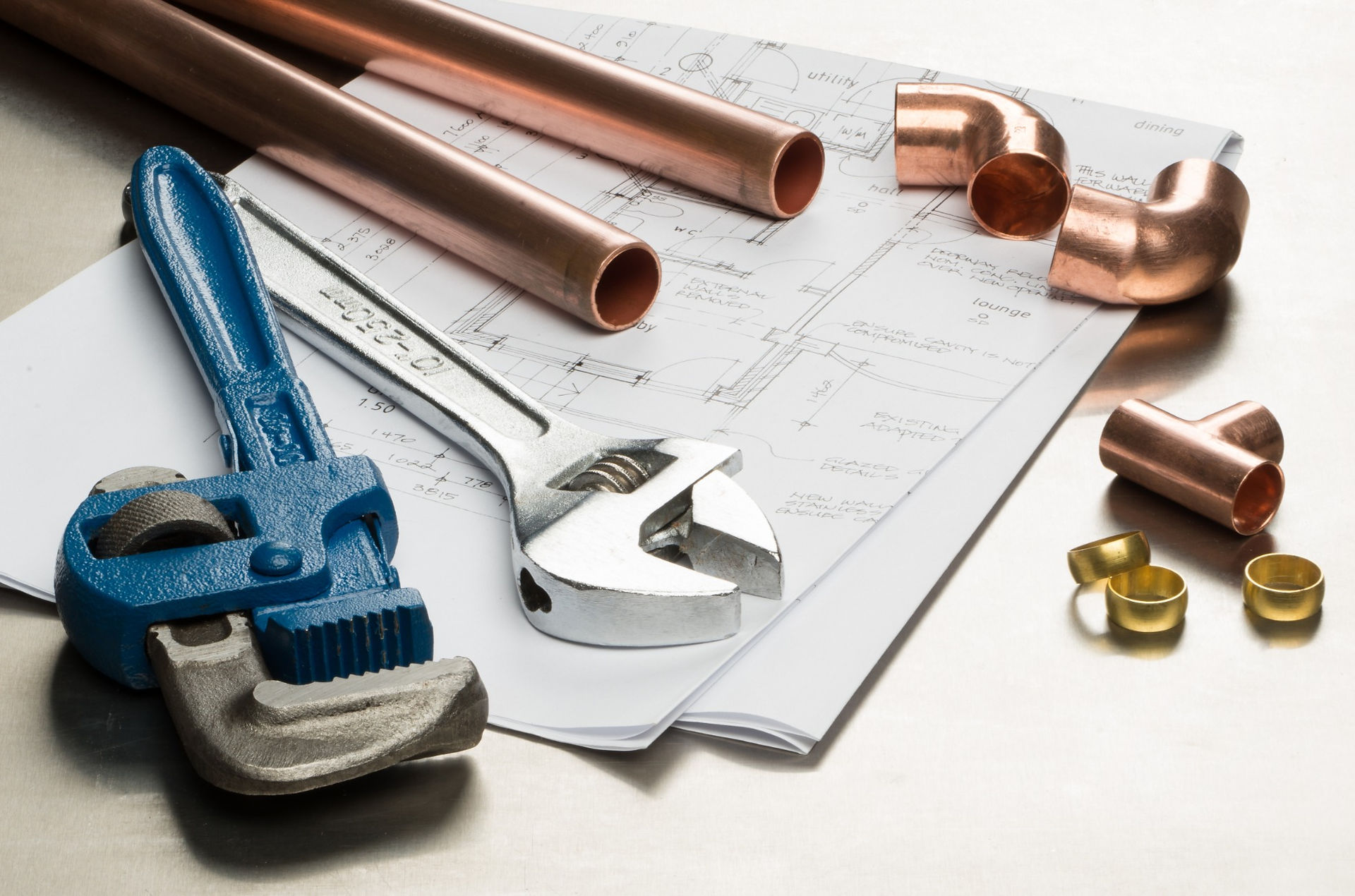top of page

Frequently asked questions
Salt-free water softeners vs salt-based water softeners: pros and cons
If you're deciding between salt-free and salt-based water softeners, here are the key benefits of going salt-free:
• No salt required: Salt-free systems don't require ongoing salt refills, saving you time and effort.
• Longer lifespan: Salt-free systems, like Springwell, can last up to 50 years, while salt-based systems typically last only 10-15 years.
• Environmental benefits: Salt-free systems don’t discharge salt into the environment, reducing their impact on water treatment plants and the ecosystem.
• No maintenance for drains or electricity: These systems don’t require drains, motors, or electrical outlets, making installation simpler and reducing maintenance needs.
• Water heater protection: Salt-free systems prevent the corrosion of water heaters that can occur with salt-based systems.
Why install a salt-free water softener with a whole-house charcoal filter?
Installing a salt-free water softener paired with a whole-house charcoal filter offers these key benefits:
• Improved water quality: The charcoal filter removes chlorine and other impurities, making the water cleaner and helping the salt-free system perform better.
• Longer lifespan for plumbing: By removing chlorine and other chemicals, your pipes, fixtures, and appliances are protected from corrosion and buildup.
• Better taste and smell: The filter improves the taste and odor of your water, making it healthier and more enjoyable for drinking and cooking.
• Eco-friendly: Salt-free systems don’t rely on salt, reducing environmental impact and avoiding the need for salt replenishment.
How does Flo by Moen automatic leak detection save money on water damage repairs?
Automatic leak detection systems, such as Flo by Moen and Phyn, can save you money by:
• Preventing water damage: Early leak detection prevents major water damage, which can lead to costly repairs and replacements of floors, walls, and appliances.
• Reducing water waste: These systems help you monitor water usage and stop leaks before they waste large amounts of water, lowering your water bill.
• Insurance discounts: Many insurance companies offer discounts for homes equipped with leak detection systems, helping you save on premiums.
• Remote monitoring: You can monitor your water usage while you're away, preventing unexpected damage during vacations or business trips.
Condensing vs non-condensing tankless water heaters: what’s the difference?
When choosing a tankless water heater, understanding the difference between condensing and non-condensing units is important:
• Efficiency: Condensing units are more efficient because they recycle exhaust gases to pre-heat incoming water, while non-condensing units vent hot exhaust gases directly.
• Cost: Condensing units tend to have a higher initial cost but offer long-term savings due to better energy efficiency. Non-condensing units are cheaper upfront but less energy-efficient.
• Maintenance: Condensing models require a specialized drainage system to handle acidic exhaust, while non-condensing units don’t have this requirement.
• Lifespan: Condensing models usually last longer and provide higher hot water output, while non-condensing models may be more suited for smaller homes or lower water demands.
How to measure home water pressure and ideal PSI range for plumbing
Measuring your home's water pressure is easy and only requires a water pressure gauge:
• Attach the gauge: Screw the water pressure gauge onto an outdoor faucet or the faucet closest to the main water supply.
• Turn on the faucet: Check the gauge for a reading. The ideal water pressure for most homes is between 40-60 PSI.
• What if my pressure is too high or low?: If your pressure is above 60 PSI, it can damage pipes and appliances. If it's below 40 PSI, there could be a plumbing issue like a clog or leak.
• Adjusting pressure: You can install a pressure-reducing valve to lower high pressure or check for blockages to fix low pressure.
bottom of page

